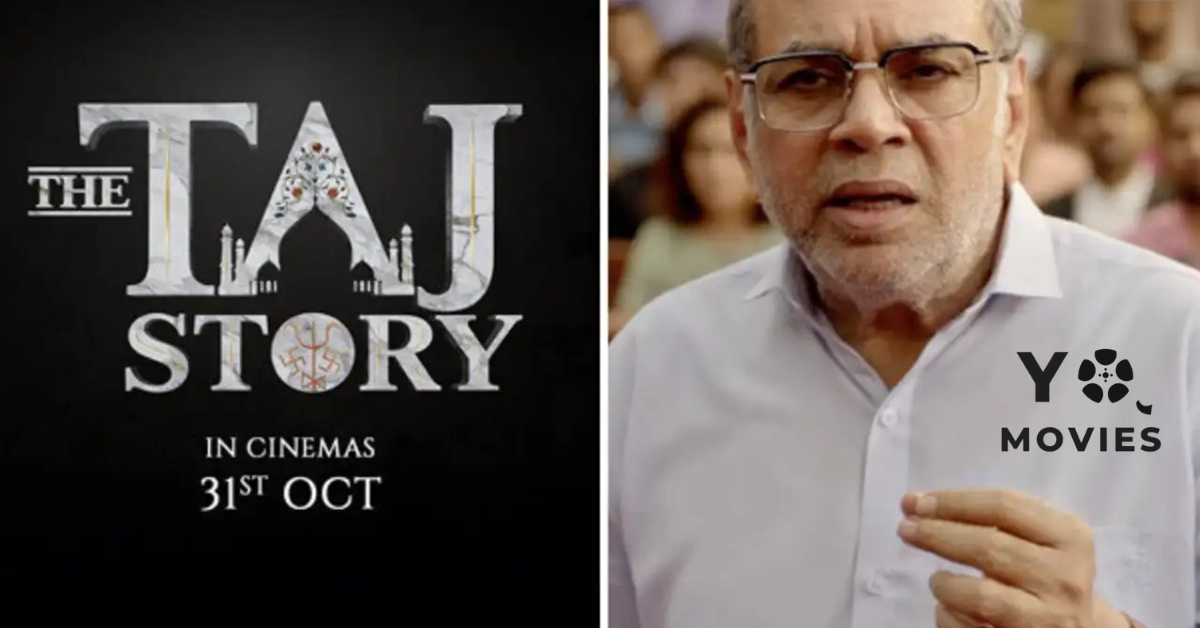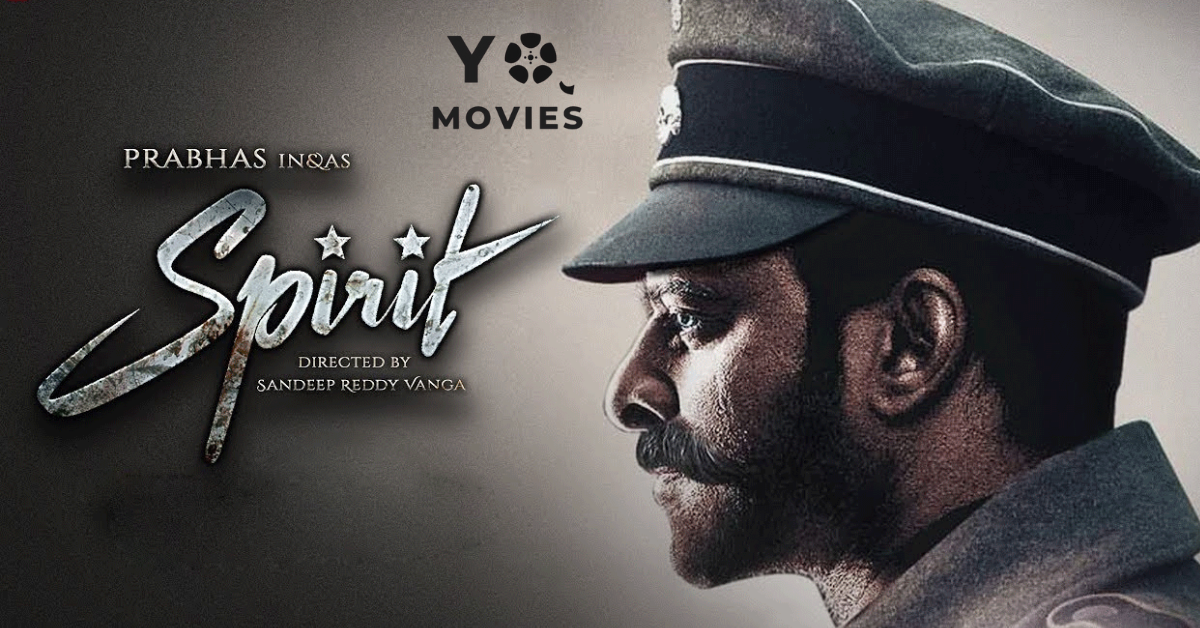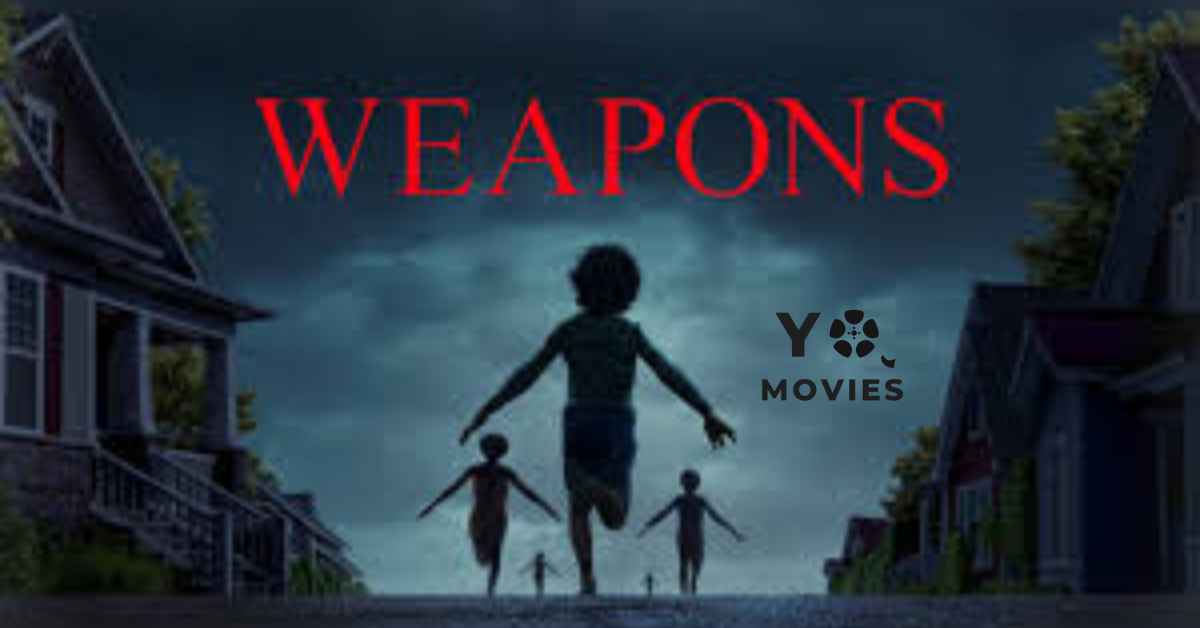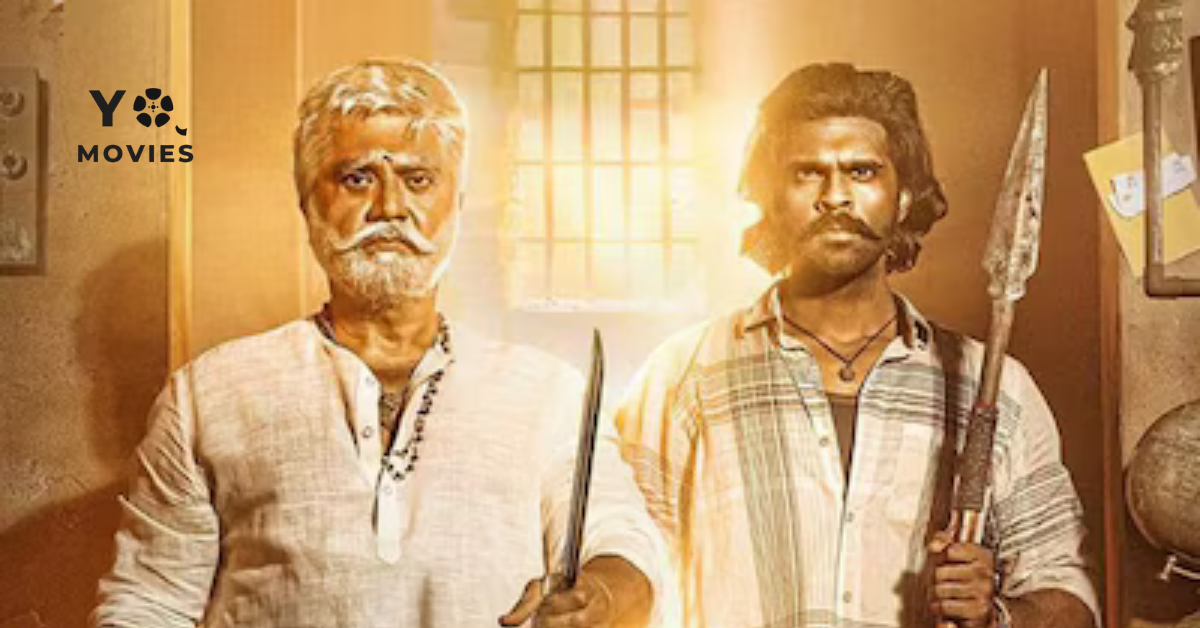The Taj Story, directed and written by Tushar Amrish Goel, is one of 2025’s most talked-about upcoming films. With Paresh Rawal in the lead, along with Zakir Hussain, Amruta Khanvilkar, Sneha Wagh, Namit Das, and others, it’s a courtroom drama that claims to re-examine one of India’s most iconic monuments — the Taj Mahal.
Set for release on October 31, 2025, the movie has already stirred controversy, raising questions about its historical claims, poster imagery, and how the narrative might challenge accepted views.
Cast, Crew & Production Details
Here are the confirmed names and technical details behind The Taj Story:
- Director & Writer: Tushar Amrish Goel
- Producers: CA Suresh Jha, Saurabh M. Pandey; Creative Producer: Vikas Radhesham
- Main Cast:
- Technical Team:
- Cinematography: Satyajit Hajarnis
- Editing: Himanshu M. Tiwarii
- Music: Rohit Sharma & Rahul Dev Nath
- Studio: Swarnim Global Services Pvt. Ltd.
- Language: Hindi; Country: India
What The Taj Story Promises
Based on the announcements, teaser, and interviews:
- The movie is positioned as a social drama / courtroom drama that raises “provocative questions” about the Taj Mahal’s origins, asking if the commonly accepted history is the whole story.
- One key tagline in the teaser is: “Even after 79 years of Independence, are we still slaves of intellectual terrorism?” suggesting the film will engage with debates about history, identity, and truth.
- There has been strong scrutiny from the Censor Board (CBFC), which required the makers to furnish documents validating the historical claims made in the film.
- The film’s poster caused controversy, showing Paresh Rawal lifting the dome of the Taj Mahal with the reflection or imagery of a Shiva Linga. In response, the makers clarified that the film “does not deal with any religious matters” and focuses on historical facts.
Things Already Sparking Debate & Concerns
Because The Taj Story challenges a widely accepted historical narrative, it’s not without risks or controversy:
- Many historians and public commentators dismiss the theory that the Taj Mahal was originally a Hindu temple (e.g. a version popularised by P. N. Oak) as pseudo-history. The film’s association with these theories has raised concerns over accuracy and the possibility of communal polarization.
- The poster imagery and marketing have drawn criticism for being provocative. The creators responded that much of the outrage is based on assumptions and that the film is oriented around historical research not religious provocation.
- The long clearance process by CBFC underscores how sensitive the subject is; such scrutiny suggests the makers are aware of the need for factual support if making strong claims.
What We Don’t Yet Know (and What We Have to Be Cautious About)
Since the film hasn’t been released yet, several aspects remain speculative or unknown:
- The exact narrative arc: how much is courtroom vs historical storytelling vs flashbacks vs pure conjecture.
- How balanced the film will be in presenting alternate views, scholarly consensus, dissenting opinions, etc.
- Whether the film ultimately aims to entertain, inform, provoke debate, or all of the above.
- How much creative license the film takes with historical sources versus what is firmly documented.
Why The Taj Story Is Important (Potential Strengths)
Based on what is known so far, here are areas where The Taj Story could succeed:
- Provoking Dialogue: By asking questions often left unspoken or underexplored, the film has the potential to open up public conversation about heritage, truth, and national identity.
- Strong Lead & Ensemble Cast: Paresh Rawal is known for strong performances, especially in roles that require gravitas and nuance. With a capable supporting cast, the film may shine in character moments and debates.
- Historical / Documentary Elements: Given the CBFC’s requirement for proof, filming in real locations (Agra, Taj Mahal, etc.) and the technical crew suggest some effort to anchor the story with tangible detail.
- Cinematic Drama & Courtroom Tension: Courtroom scenes, legal arguments, and the broader theme of “who controls history” are cinematic gold when done well. If the film leans into these with clarity and respect, it could be compelling.
Risks & What Could Go Wrong
Here are the possible pitfalls:
- Misinterpretation vs Sensationalism: If the film pushes theories that aren’t well-supported, it risks being labeled propaganda or misleading. Audiences are already reacting strongly to the poster.
- Balancing Sensitivity: The Taj Mahal has cultural, religious, and emotional importance across communities. Handling sensitive imagery (like Shiva Linga, lifting of dome imagery) could backfire if perceived as provocative rather than explorative.
- Historical Accuracy vs Dramatic License: Viewers who value scholarship may be critical if facts are bent too much for dramatic effect. Since historical experts have dismissed some alternative theories, the film will come under scrutiny.
- Echo Chamber Effect: If the film preaches to those already inclined to alternative histories, it risks reinforcing fringe beliefs rather than changing minds; the film’s impact may be polarized.
What to Expect at Release
When The Taj Story releases on October 31, 2025, audiences can expect:
- A heavily dramatized courtroom setting with debates, arguments, monologues, and possibly flashbacks or reimagined “lost history” scenes.
- Strong dialogue, given the cast and the nature of teasers. Paresh Rawal in a role that likely calls for intensity and moral questioning.
- High media and public attention — due to controversy, social commentary, and subject matter.
- Visual sequences shot in and around Agra / Taj Mahal likely to be used for atmosphere and setting.
Verdict (Expectation Based)
While it’s impossible to fully rate until the film is out, The Taj Story looks like it could be one of those films that people talk about for its concept more than its flawless execution. If well made, it may succeed in being a “conversation starter,” forcing people to question official narratives, examine sources, and think about what “history” really means.
On the flip side, its success will heavily depend on how responsibly it handles controversies, how responsibly it uses sources, and whether it balances provocation with understanding.
YoMovies will deeply analyze The Taj Story after its release — bringing full plot break-downs, historical context, and real reviewers’ opinions.





Leave a Reply